
The Pandemic Spurred Governors to Grant Clemency, But Advocates Say It Isn’t Enough
Despite sentencing reforms, hundreds of thousands of people who have been incarcerated over the last several decades are ineligible for parole.

Despite sentencing reforms, hundreds of thousands of people who have been incarcerated over the last several decades are ineligible for parole.
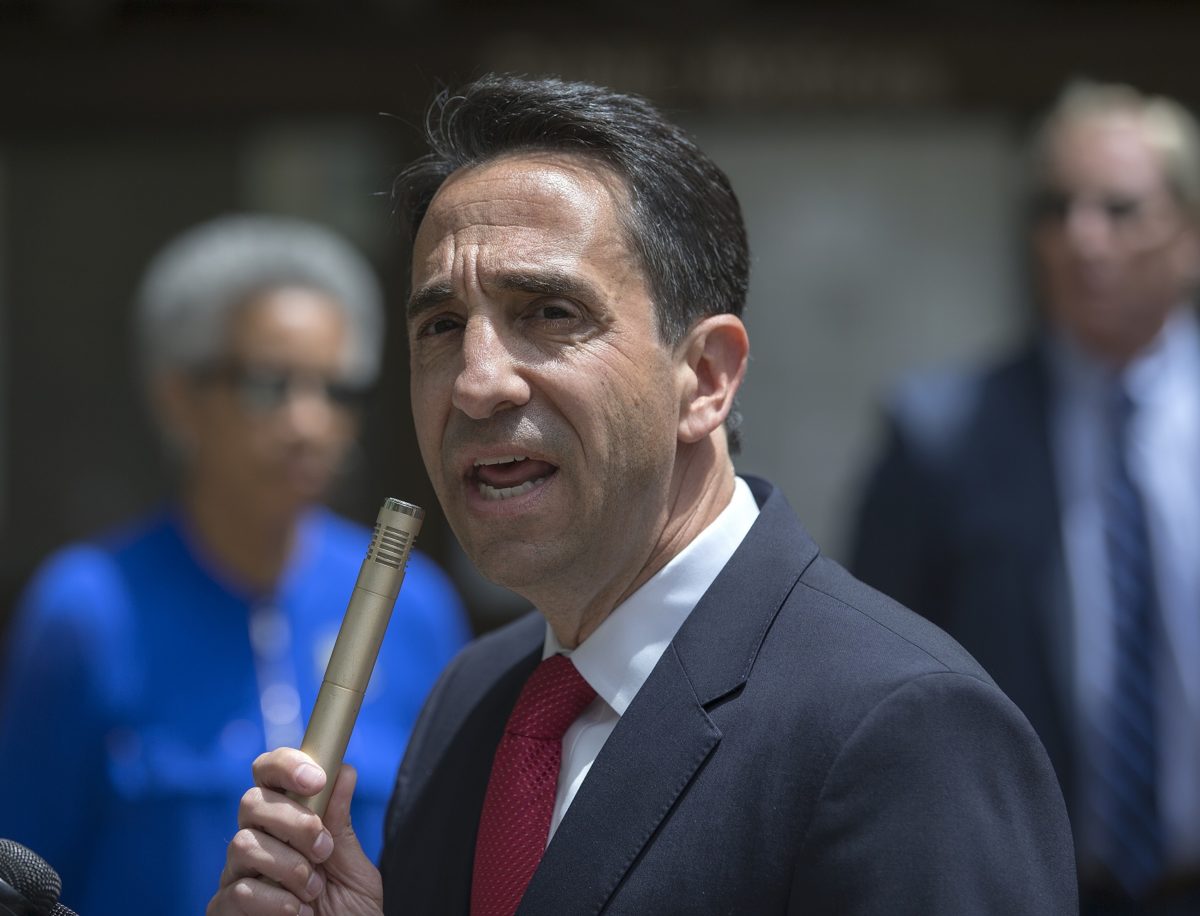
The Santa Clara County district attorney’s name has been floated for the role of the state’s top prosecutor despite his use of the death penalty against people of color.
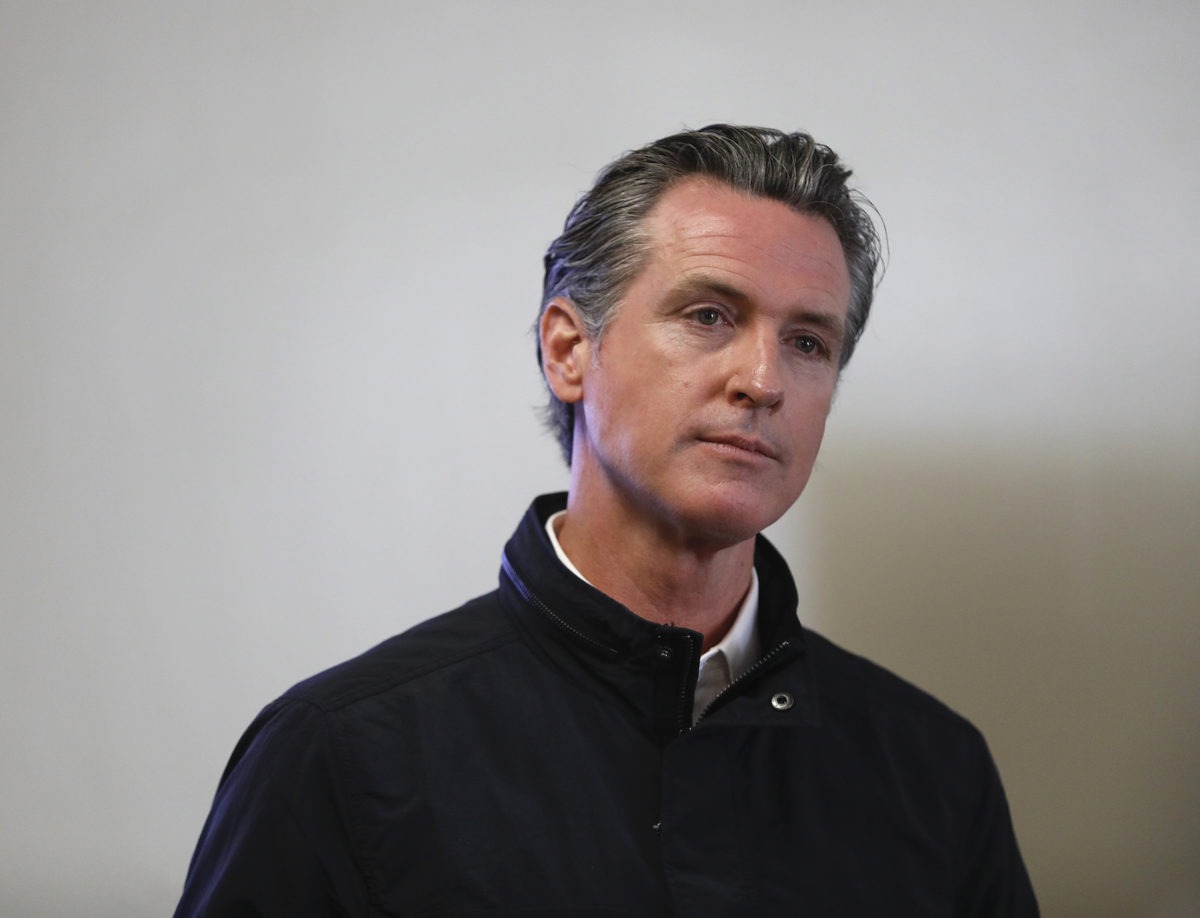
Advocates have been urging Governor Gavin Newsom to make greater use of his clemency power, especially for older prisoners who are more vulnerable to COVID-19.
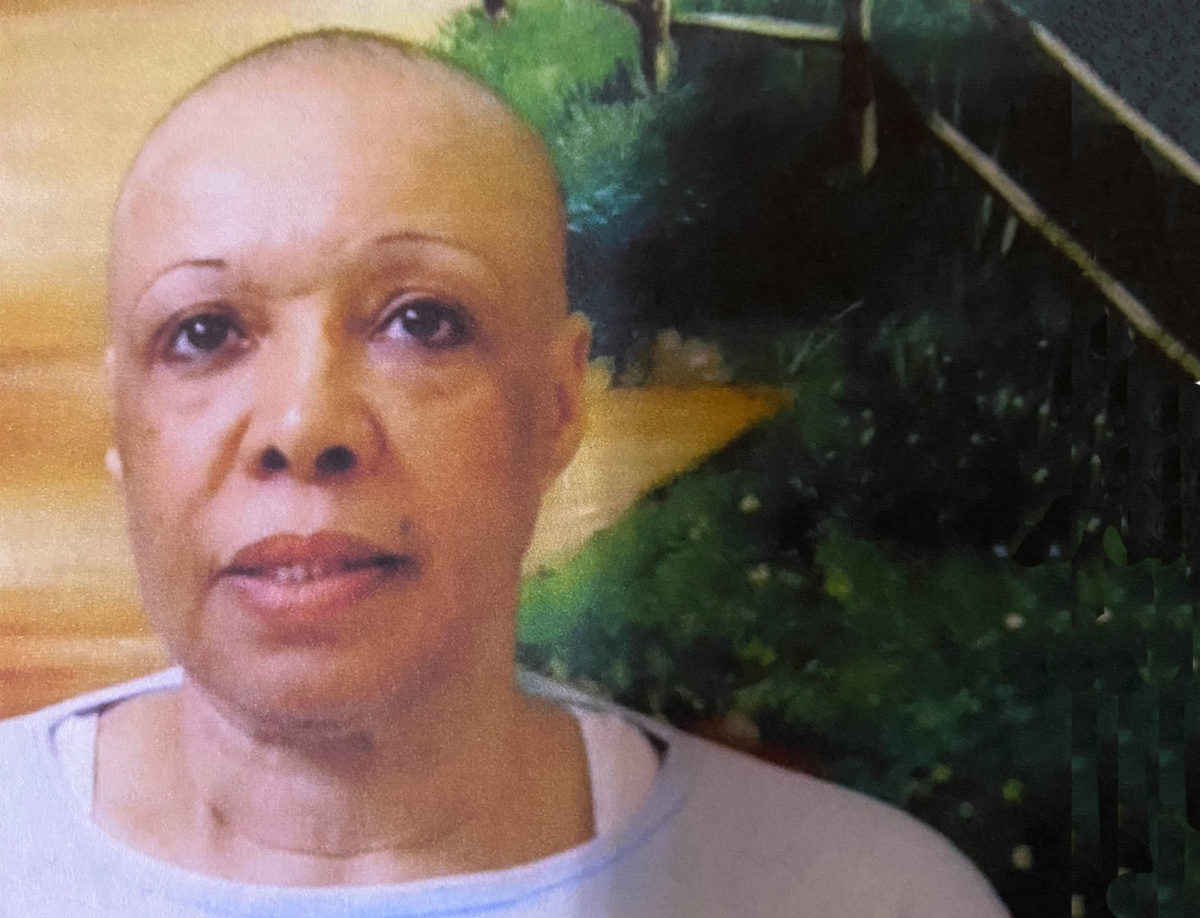
California Governor Gavin Newsom said he’s releasing thousands of prisoners. But that doesn’t necessarily include some of the state’s sickest patients.

Residents have been told to stay in their homes to slow the spread of the novel coronavirus—but little has been done to ensure they can afford to stay there, activists say.

We can’t allow “violent criminal” rhetoric to justify leaving some of the most vulnerable people in dangerous conditions.
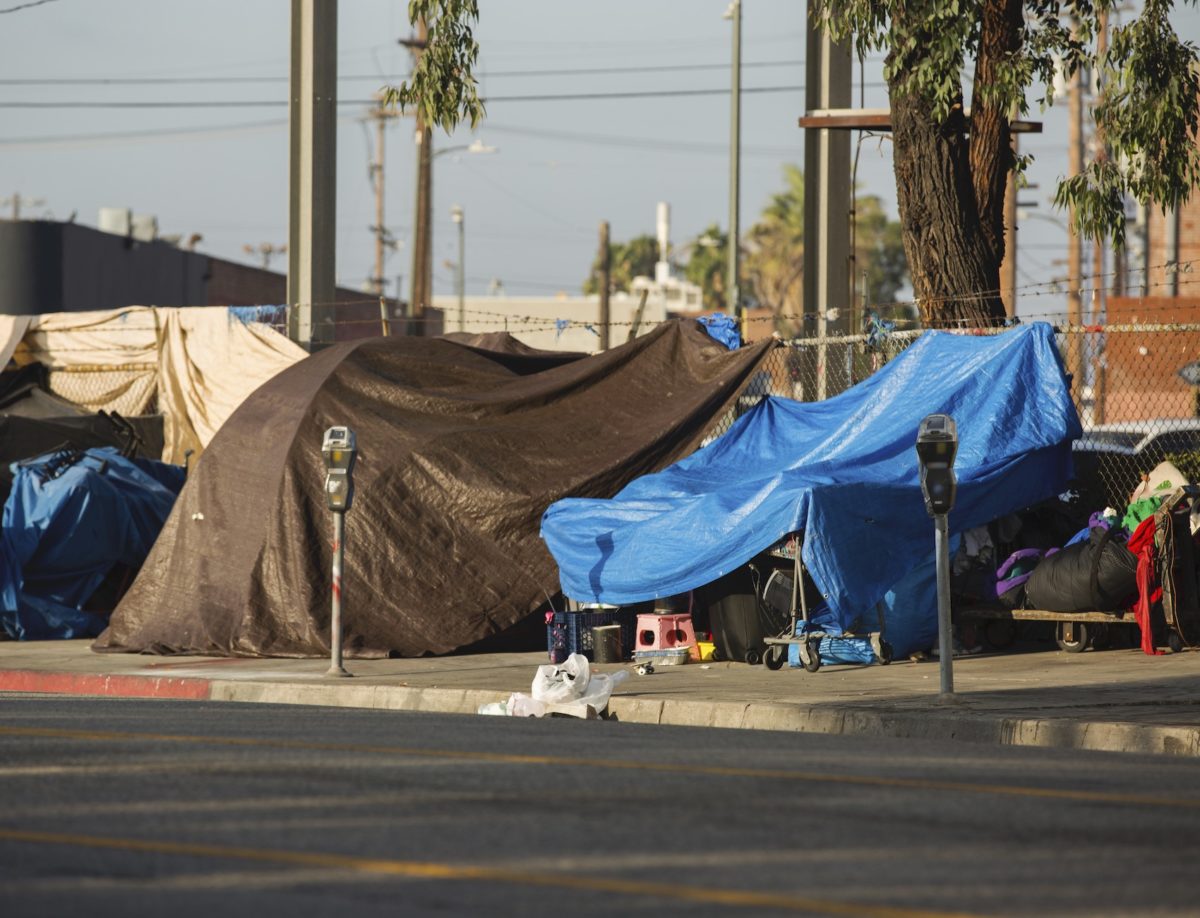
How California, which is home to more than half of the country’s unsheltered homeless population, is addressing the needs of the unhoused.
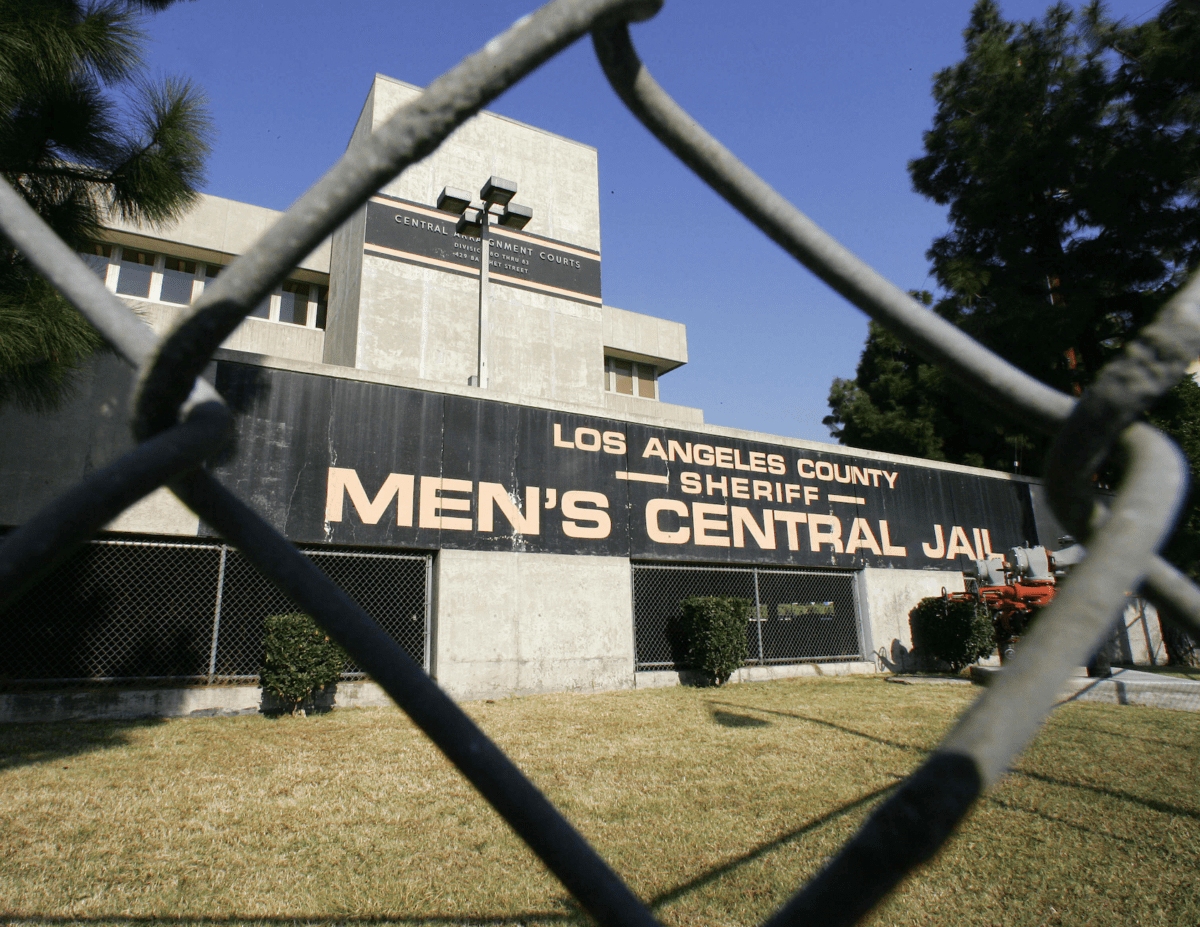
Activists are calling on the governor, district attorneys, sheriffs, and judges to take action to prevent the spread of COVID-19.
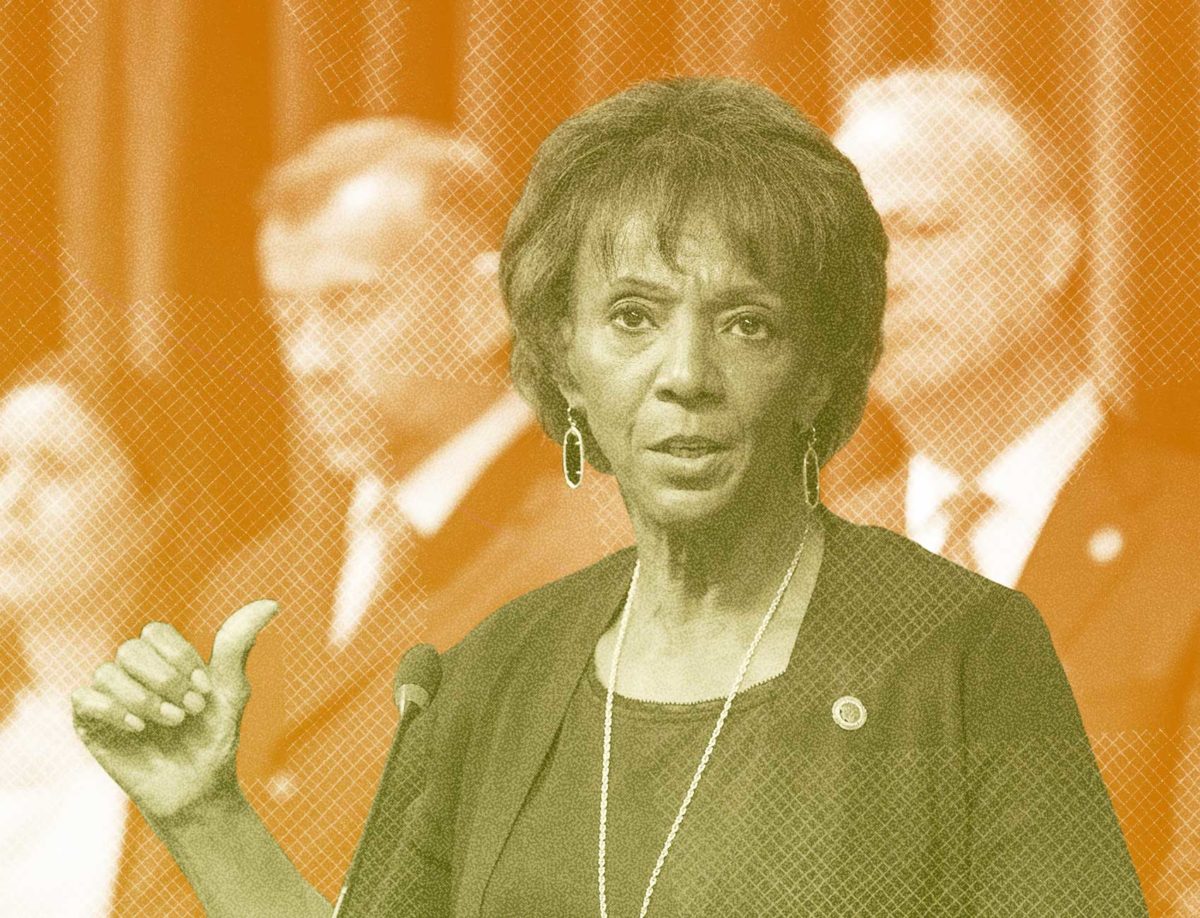
On a host of issues—including police shootings, bail reform, marijuana legalization, and the death penalty—critics say Lacey, once seen as a reformer, has sought to preserve the status quo.